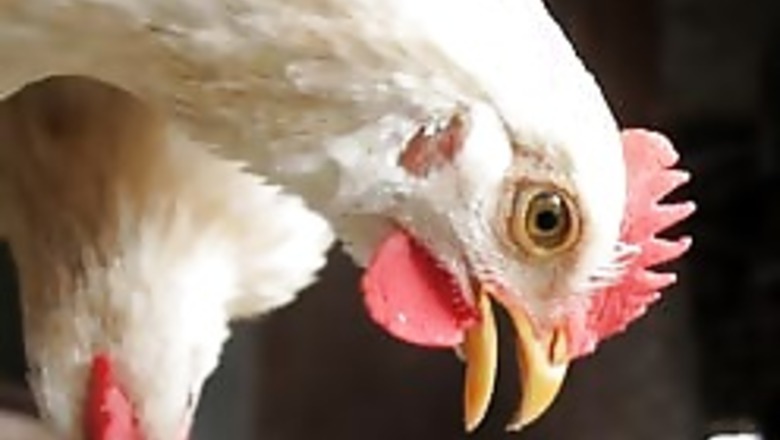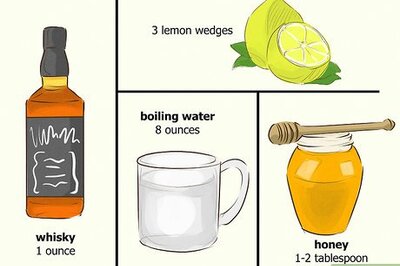
views
Washington: The freeze on air traffic after the September 11 attacks delayed the 2001-2002 flu season, and researchers were able to confirm what many had long suspected- air travel could help spread a bird flu pandemic very efficiently.
While there is no way to stop a pandemic completely, the researchers at Children's Hospital Boston said that restricting air travel could delay the spread of a deadly virus and buy some time to prepare vaccines, drugs and take other measures.
''For the first time we've been able to show, using real data, that air travel spreads the flu, suggesting that reducing the number of air passengers might ameliorate a flu pandemic,'' said John Brownstein of the Children's Hospital Informatics Program at the Harvard-MIT Health Sciences and Technology program, who led the study.
Dr Kenneth Mandl, who worked on the study, said that the team realised that they had a ''natural experiment'' when air traffic fell after the September 11 attacks.
The number of people flying internationally fell by 27 per cent to 3.5 million passengers in September of 2001 from 4.9 million passengers in September 2000.
Mandl and Brownstein had been trying to map the spread of flu.
Flu season usually starts in the Northern Hemisphere in September or October and peaks between January and March.
They looked at data from the US Department of Transportation and the Centers for Disease Control and Prevention for the years between 1996 and 2005.
''When we first looked at our data we noticed that the 2001-2002 flu season was highly aberrant,'' Mandl said. '
'At first we thought it was a problem with the data, but then we realised we were seeing the shadow of September 11th cast upon the influenza season,” he added.
In France, where flight restrictions were not imposed, there was no delay in flu activity during the 2001-2002 flu season.
“The more domestic travel, the faster the spread of flu, and the more inbound international travel, the earlier the influenza season begins,” Brownstein said
Influenza is caused by a variety of viruses and usually the mix changes slightly from year to year. When the viruses change significantly, more people become ill, they become seriously ill, and more die.
Every year anywhere between 250,000 and 500,000 people die from influenza, according to the World Health Organisation.
A pandemic occurs about three times every 100 years, and can kill millions.
Experts fear that the H5N1 avian flu virus now killing birds globally could make a significant hop into people and cause the next one.
Although H5N1 has infected just 244 people and killed 143, governments, companies and other organisations are making preparations now for such a pandemic.
"What this study shows to a policymaker who wants to use evidence in making a decision stopping air travel is very likely to give a real delay and slow the spread," Brownstein said.


















Comments
0 comment